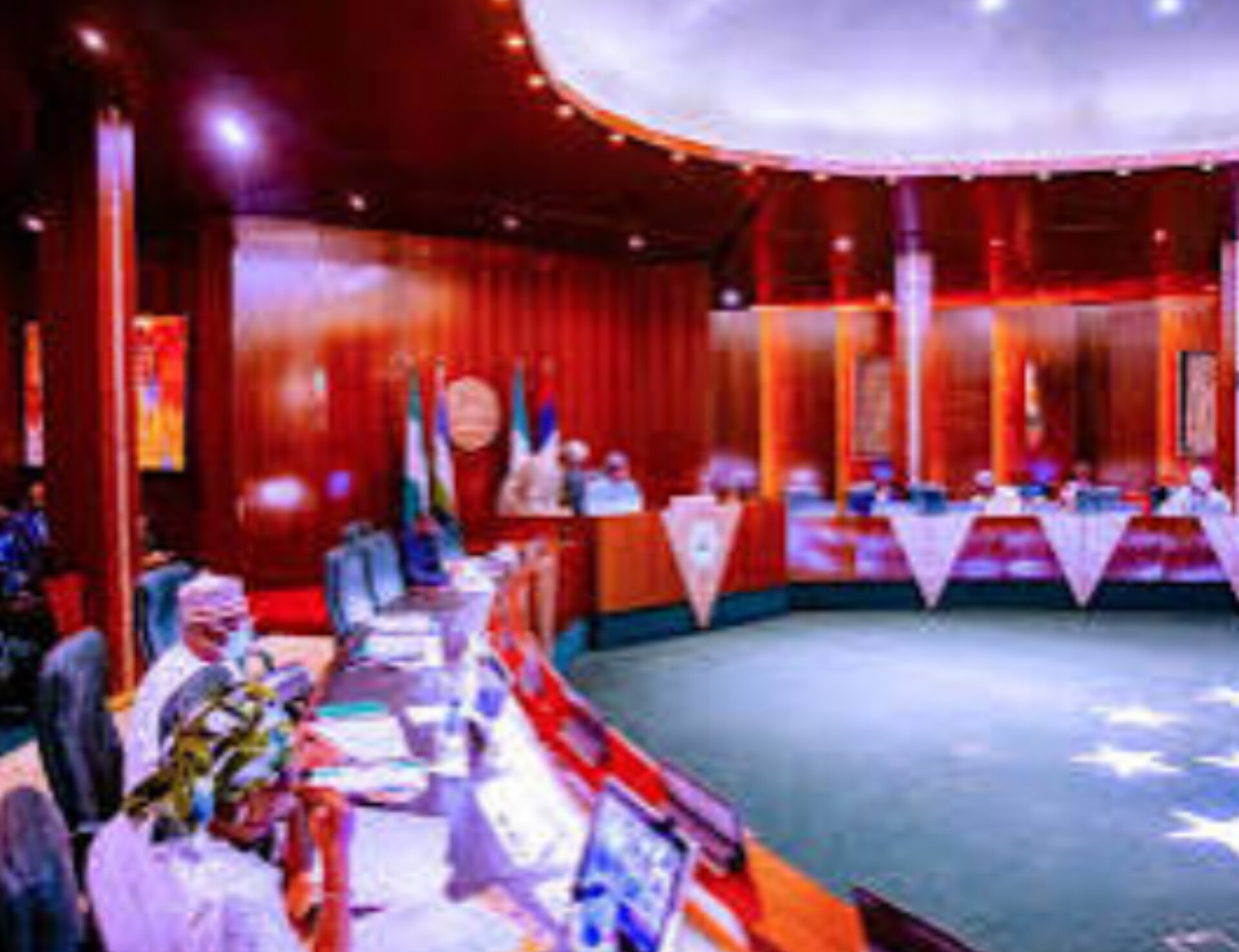In a bold move to unlock new economic opportunities, the Federal Executive Council (FEC) has approved a groundbreaking initiative to monetise Nigeria’s rich cultural, creative, and tourism assets. The announcement was made by the Minister of Art, Culture, Tourism, and the Creative Economy, Hannatu Musawa, following the council’s recent meeting in Abuja.
According to Musawa, the initiative marks a strategic shift aimed at harnessing both tangible and intangible national heritage — from artifacts and monuments to indigenous languages, culinary traditions, and folklore — to generate new revenue streams and promote national pride.
At the core of the plan is a partnership between the Ministry of Art, Culture, Tourism and the Creative Economy and the Ministry of Finance Incorporated (MOFI). The collaboration will focus on identifying, valuing, and commercialising cultural assets through a structured, four-step framework.
“Nigeria is abundantly blessed, not just culturally but in tourism as well. We’re putting a framework in place to return value to our communities and inject new energy into the economy using assets we already have,” Musawa stated.
The minister revealed that the initiative is projected to generate approximately $100 billion for the Nigerian economy by 2030 while creating over two million jobs within the creative and tourism sectors by 2027.
Assets earmarked for monetisation include collections from Federal Museums, historical landmarks, indigenous textiles such as Adire, and staple culinary products like Ijebu garri. Musawa emphasised that the process will be supported by Memoranda of Understanding already signed with key stakeholders, including government agencies like MOFI.
“This is more than an economic plan; it’s a cultural revolution. We’re building a system that gives back to Nigerians without adding strain to our national budget. It’s about reclaiming our national identity and promoting cultural pride,” she added.
In a related development, the Minister of Labour and Employment, Alhaji Maigari Dingyadi, announced the FEC’s approval of a revised National Employment Policy. Dingyadi explained that the updated policy, which underwent a six-year review, was crafted to address contemporary employment challenges and present sustainable strategies for poverty alleviation and job creation.
“This policy is crucial for the labour sector. It has been carefully reviewed to align with today’s economic realities and deliver meaningful opportunities for Nigerians,” Dingyadi said.
He further disclosed that Nigeria would showcase the new employment policy at the upcoming International Labour Organization (ILO) meeting in Geneva, positioning it as a model for employment-driven economic reform.



